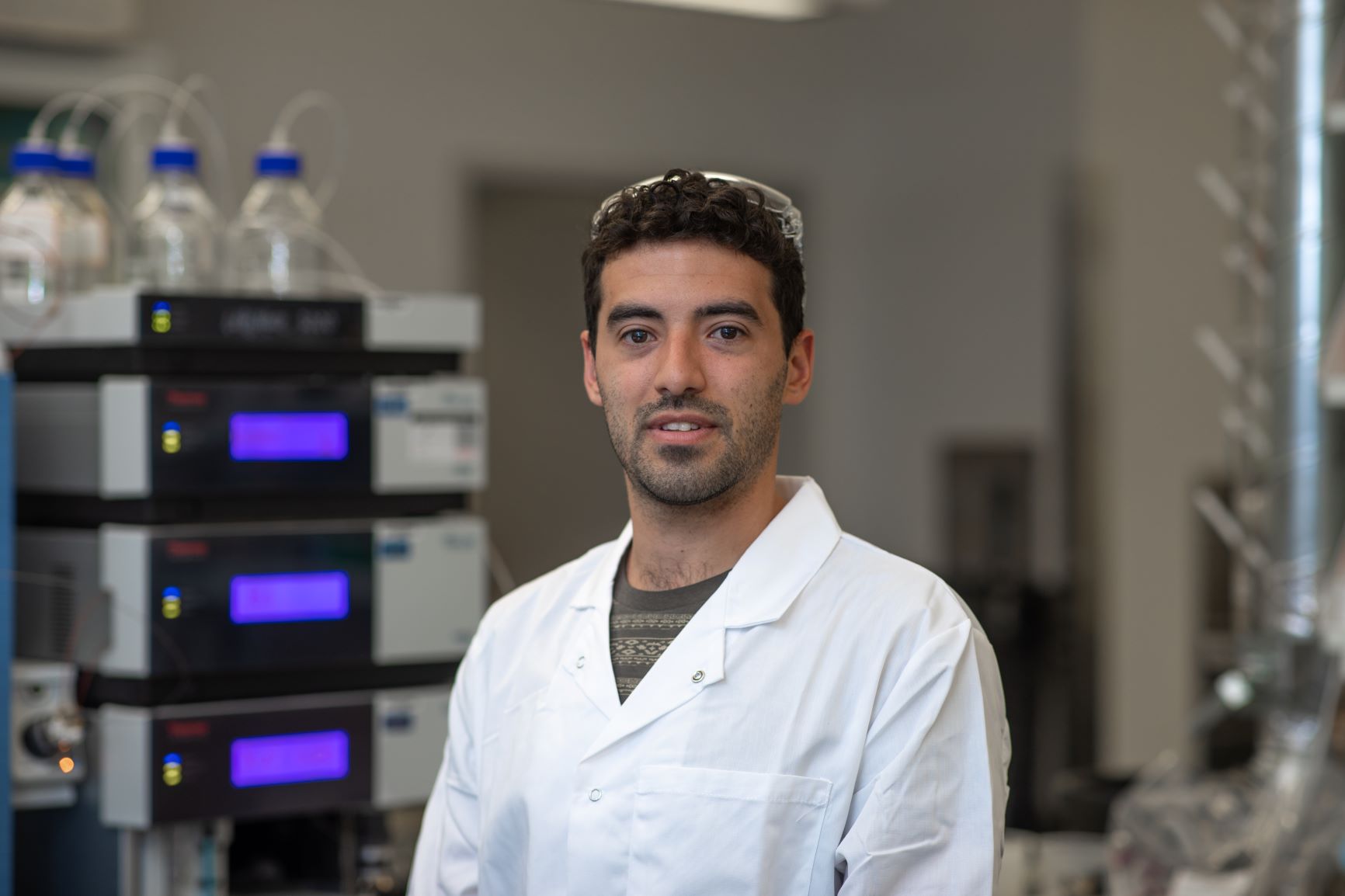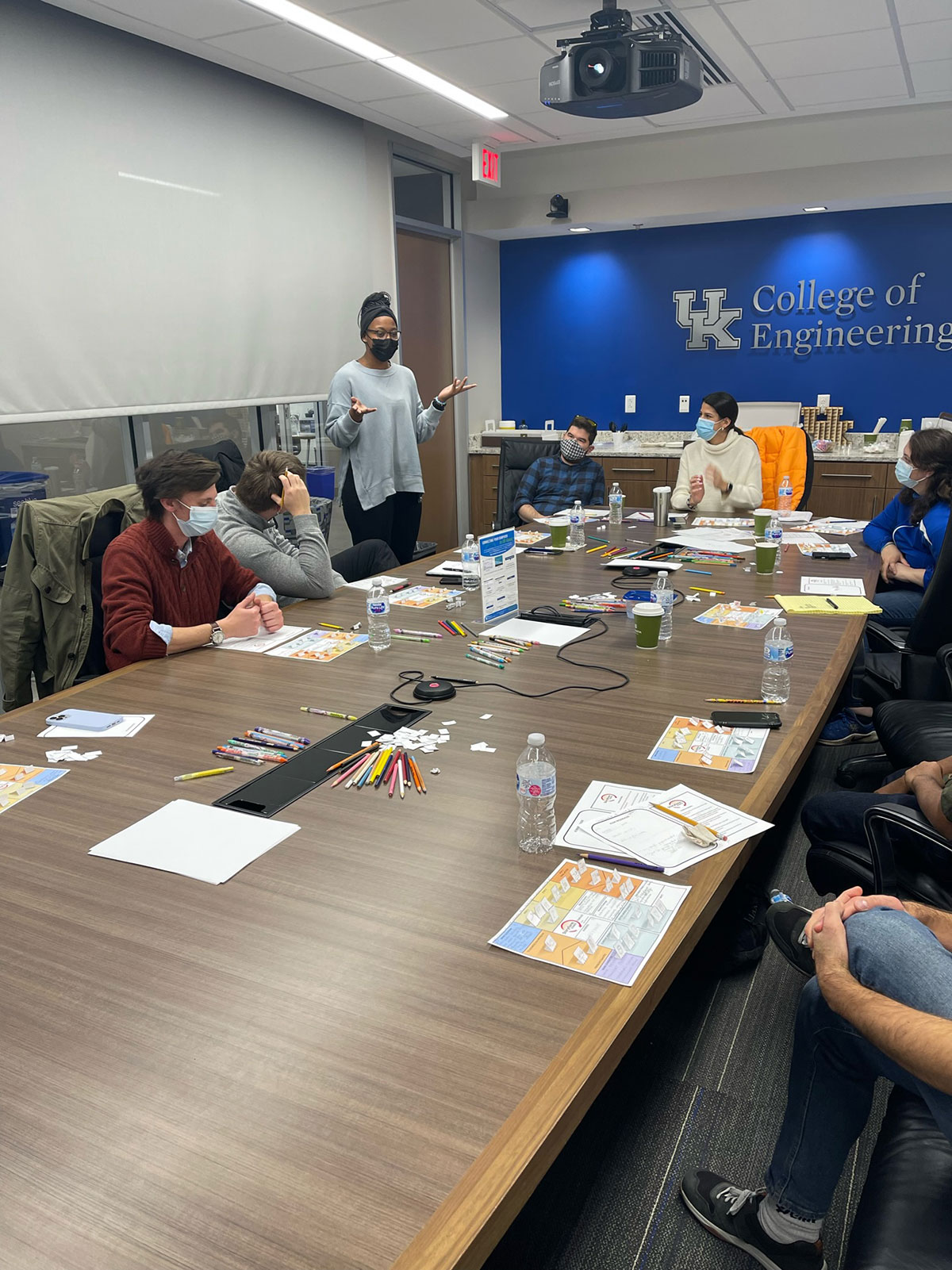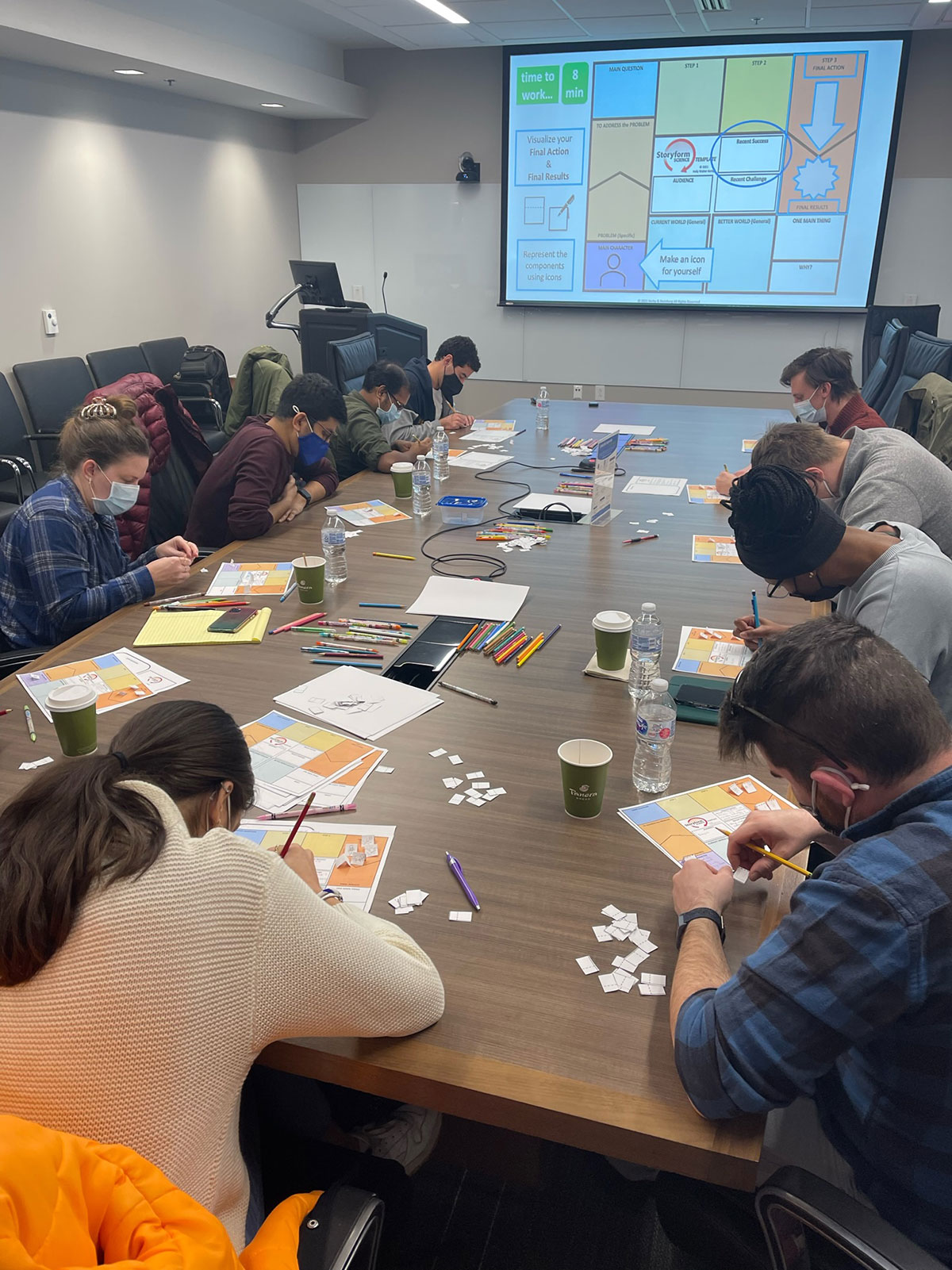Core Leader: J. Zach Hilt, PhD
Core Co-Leader: Kevin Pearson, PhD
Trainee Leadership Scholars: Ariel Robinson and Lara Amaral
The Research Experience and Training Coordination Core (RETCC) aims to train students to investigate issues via exposing trainees to interdisciplinary approaches to training, providing opportunities to enhance their professional career development, and through extensive outside laboratory experiences program that coordinates opportunities for participation in the Community Engagement Core and the Administrative Core’s research translational function, and engaging them with the Data Management and Analysis Core (DMAC). These diverse activities will give the trainees broad exposure to environmental issues that affect their surroundings and equip them with a unique tool set to make disruptive impacts to the field.
Addressing environmental challenges requires an integrative approach that leverages knowledge from disparate disciplines and perspectives. A combination of knowledge and scientific methods from biomedical and environmental science and engineering-based disciplines are required, while also considering the social impact of these issues on the surrounding communities. While the RETCC promotes strong cross-disciplinary training, it also encourages the interdisciplinary thinking needed to develop problem-solving skills and to become effective environmental communicators. The specific aims are:
- To introduce innovative training components designed to spur disruptive impacts and spark creative solutions to complex environmental problems. The RETCC will fund trainee-developed pilot grants that necessitate cross-disciplinary collaborations (e.g., data science/bioinformatics) among the projects and cores;
- To integrate career development training activities critical for academic and nonacademic interests developed through interactions with the Kentucky Center for Clinical and Translational Science and newly developed DMAC and offer specific skills training (responsible conduct of research and grantsmanship) that prepare students for success in academic, governmental and industrial research careers; and
- To increase integration of the trainees throughout all aspects of the Center to enhance overall productivity and to expand training opportunities, from recruitment of the next generation of trainees to reporting the Center’s activities and trainee outcomes to the SRP.


Francisco was recognized with the 2022 Most Outstanding Graduate Student in the College of Engineering issued by Tau Beta Pi KY-A in April of 2022

Molly Frazar was recognized as the 24th recipient of the Karen Wetterhahn Memorial Award, which recognizes one outstanding graduate student or postdoctoral researcher who exemplifies qualities of scientific excellence.


